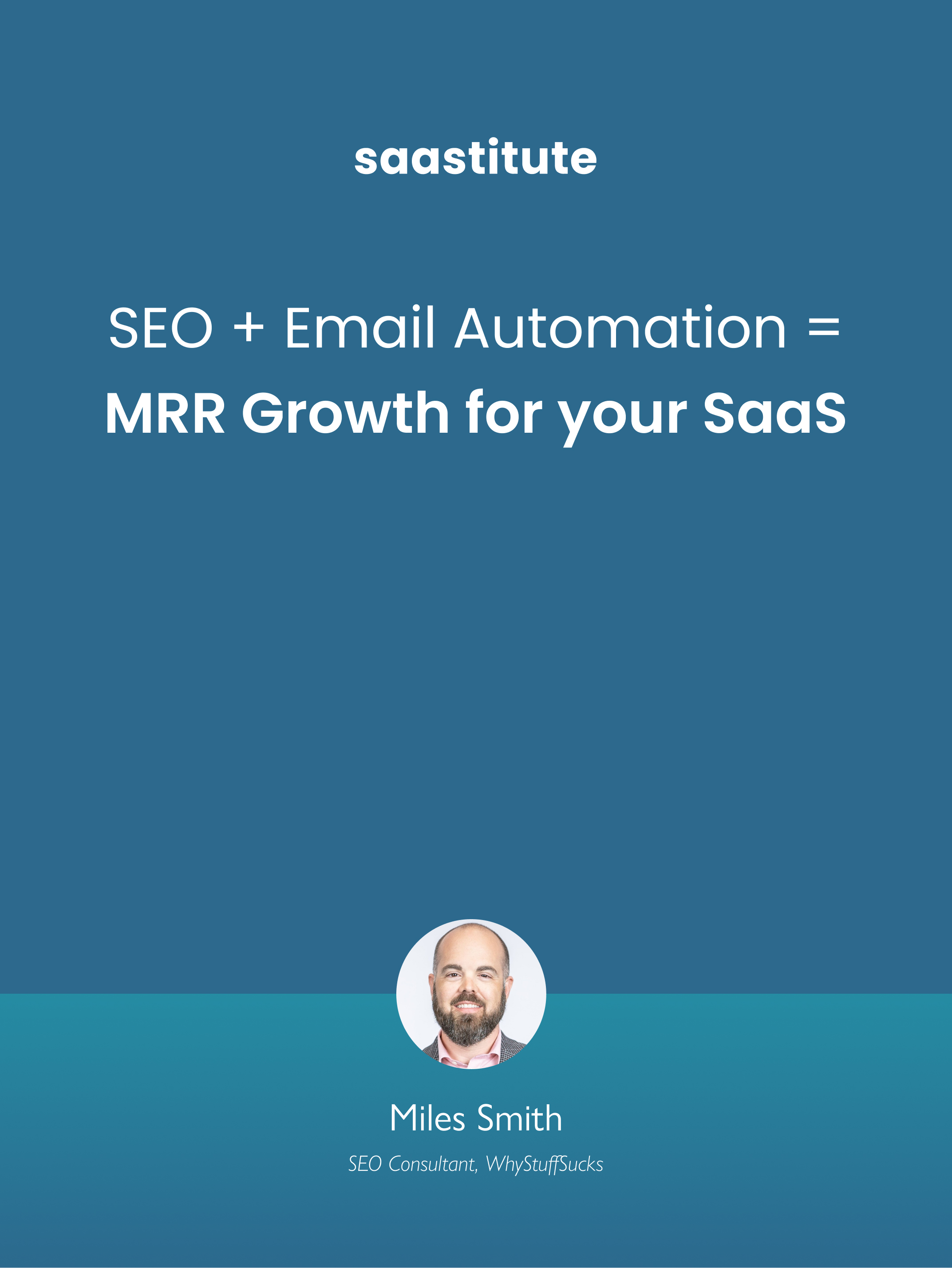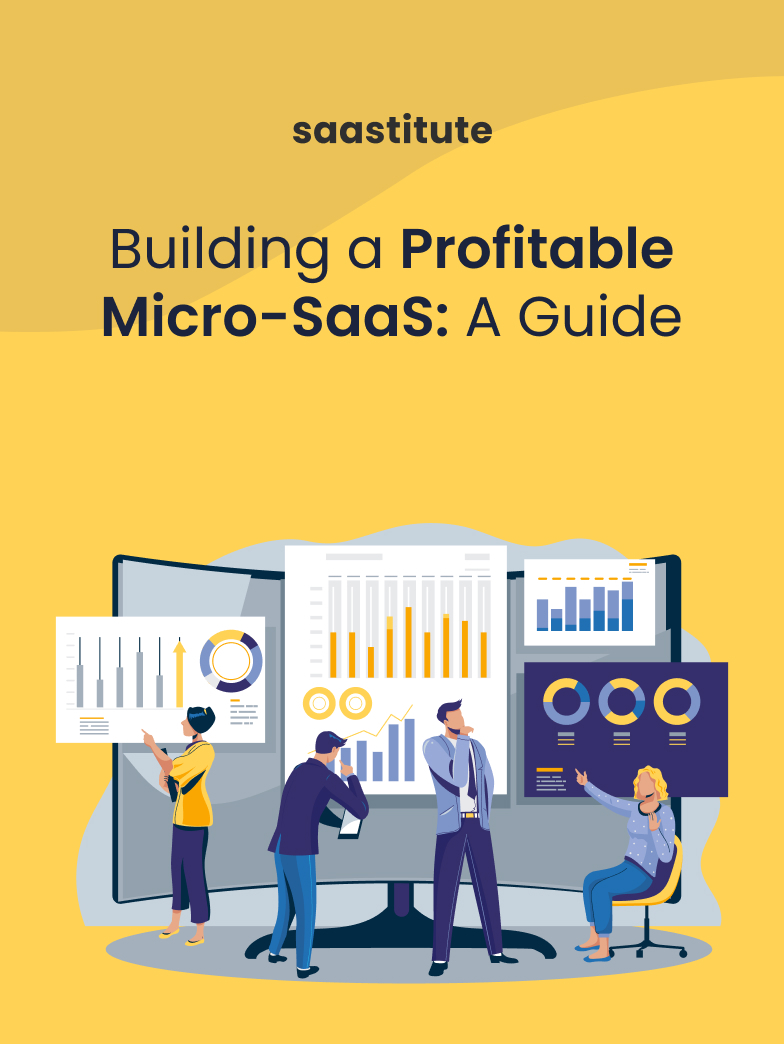Top 9 SEO myths debunked
SEO Myths are common. Read this to find out some of the most popular ranking and crawling related rumours.
.png)
To stay ahead of everyone in the mad race of search engine rankings, the SEO landscape has become littered with misinformation and disinformation. With several new SEO myths and only a few dying off, we’re going to take 10 of the most pervasive beliefs about search and hold them up to the light.
In no particular order, Here’s an extensive list of the most debated SEO topics.
1. Can Google crawl and index SPA pages?
A single-page application (SPA) SEO is hard—not impossible. Google officially confirmed that it is now (since 2015) able to crawl Ajax. Not to forget, that it is still not 100% accurate in rendering Ajax, and therefore in indexing and crawling SPAs.
John Muller, a senior webmaster trends analyst at Google, also clarified on Twitter that while the algorithm might not be always perfect, and certainly not easy. The results could vary from site to site, and works well, even if you rely on client-side rendering”. He recommended that you watch this video where he provides a terrific rundown on SPA, how Google treats them and bust myths about JavaScript, AngularJS and SEO.
2. Does Google AMP affect page ranking?
AMP pages are built to boost page speed. Even though page speed is one of the critical ranking factors, this doesn’t mean AMP boosts a page's ranking.
While Google confirmed that AMP-enabled pages can get a ranking boost and perhaps a ‘fast’ label designation. Both points were said to be speculative.
That being said, it’s clear that AMP isn’t a ranking factor yet. However, Google recently announced that a Page experience might become a ranking factor in Google search from May 2021 (provided the testing proves successful). Read more about what that means here.
As long as AMP isn’t the ranking signal, you might want to enhance AMP content for Google search and optimize AMP pages, learn how to do it from these recommended resources.
3. Content freshness is a ranking factor
Let’s be clear - content freshness isn’t a ranking factor for all queries, which means freshness is a query-dependent ranking factor. Google intends to give us fresh, relevant and latest answers to queries where/when it thinks freshness matters to the user with help of its Freshness factors and Query Deserves Freshness (QDF) algorithms.
Former Google’s Vice President, Amit Singhal once elucidated how “Different searches have different freshness needs.”
So if you type “how to fold clothes”, the freshness won’t be relevant here as the process doesn’t change, this doesn’t hold in case of hot topics, recurring events, news, etc.
When this ‘Freshness algorithm’ update was announced, it was expected to (negatively) impact roughly 35 percent of searches to deliver better determinations to give you more up-to-date relevant results for these varying degrees of freshness.

4. SEO is about ranking #1 in Google
Let’s first talk about where this comes from. This (mis)belief is backed by another one that #1 gets the most traffic.
So to debunk this myth, Ahrefs did a study on keywords at scale (100k keywords), found out that the top-ranking page gets the most total search traffic only 49% of the time. This result could be surprising, but if you observe top-ranking pages, most of them get traffic from multiple keywords and do not just depend on one. Another research by Ahrefs suggests the top-ranking pages rank for 957 additional keywords, on average.

“If a number one ranking for a certain keyword isn’t making you money, it’s worthless. If a number three or number four ranking is getting you clicks, you’re converting your traffic into customers, then that ranking is much more valuable,” says Matt McGee.
The take away from here is to stop chasing for a top-most position on Google, but rather aim for traffic. Ensure you cover the topic in-depth, optimize for search intent, and build backlinks to enhance page-level authority.
5. Links are a ‘top’ ranking factor and even outweigh content
This myth first set down its roots when Google Search Quality Senior Strategist Andrey Lipattsev stated that - links, content, and RankBrain were Google’s top three ranking factors. After this, people started believing that links are the most important factor in SEO. But that’s not true, says John Mueller.
Building links can fuel your ranking power and may even validate and add trustworthiness to your website, provided the links are high-quality and relevant. On the flip side, if your content isn’t great, traffic coming to your site will leave sooner than you think. This is a classic epitome of quality over quantity.
Apart from this one, you can learn about the other prevalent misconceptions related to link building here.
6. Google penalize for duplicate content
Duplicate content is content that’s either word-for-word the same or similar as content that appears on another page. Most people think that Google imposes a penalty on publishing duplicate content, but that isn’t entirely true. Google has said that they will not penalize unless it’s maliciously done.

“I’ve long stated that it’s almost always a filter, not a penalty. It may feel like a penalty because of the resultant rankings drop, but Google’s intention is not to penalize for inadvertent duplication due to tracking parameters, session IDs, and other canonicalization snafus. That said, Google will penalize in cases of malicious duplicate content.”, says Stephan Spencer
Learn more here on how you can get your site indexed, without wasting your crawl budget, and if you are a bit short on time watch this video by Google’s Matt Cutts on How does Google handle duplicate content?
7. Tabbed Content Affects Rankings
This one is another famous misperception about the indexing of hidden tab content. It’s said that Google treats content that is not immediately visible as less important. However, an official statement from Google’s Matt Cutts busted this myth.
According to Matt, using hidden text to provide context to screen readers will not cause any problems when it comes to search rankings.
Google is capable of identifying if the hidden text is not placed there for search ranking purposes, and therefore it will not have any negative ranking implications.
8. Google Uses Google Analytics Data in Rankings
On several occasions, Googlers have clarified that Google doesn’t use analytics data for ranking purposes. However, it’s their official statements that unambiguously inform that Google uses Google Analytics (formerly known as Urchin) data for its purposes in an anonymized or aggregated form. The history of this idea dates back in 2008 when Google decided to acquire Urchin to complement their PPC business and deliver a better experience for marketers.
Some years later, this idea was found floating all over the internet, and here’s how it got officially squashed.
9. Guest Blogging Is Against Google’s Terms of Service
SaaS companies, Publications, and other media companies rely on guest bloggers and contributors heavily. And they certainly don’t need to worry about this one. As Google’s not planning to inflict a penalty for guest blogging under its “guest blogging equals spam” guideline. Further clarified, guest blogging is corrupt if a post was written intended to gain links in hopes to influence Google rankings.
Watch this tape, to understand from Matt Cutts, the head of Google’s webspam team, on “How can I guest blog without it appearing as if I paid for links?”
Further Reading
- I would strongly recommend for further reading if you’re interested-
- This is an exhaustive list of SEO myths by Google’s Stephan Spencer
- If you are interested in participating in the flipsuch debates or start one, follow and tag Google Search Liaison
- Quick read on How to do SEO for SaaS websites
- How to Redesign your website without hurting your SEO
- Here’s a transcript of a webinar by Eric Enge and Rand Fishkin on the biggest myths in Search. Read more here.














.svg)


